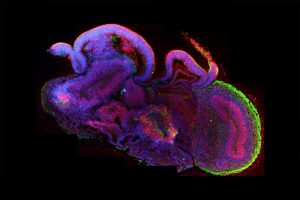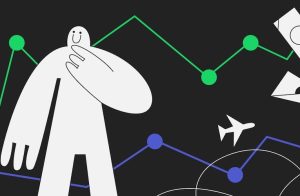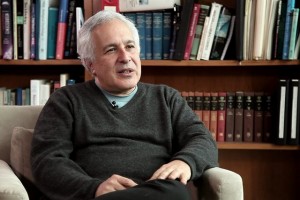Brain Organoids
Neurobiologist Madeline Lancaster on brain development, cerebral organoids and how close they are to actually ...
What is the connection between neuroscience of decision making and decision-theory? What are neuromarkers of rationality? How do people violate the axiom of independence? Professor of Economics and Cognitive Science Sacha Bourgeois-Gironde answers all these questions.
So what is a decision? Decision could be defined as the capacity to reframe immediacy. So we have the stimulus, we have reward and instead of processing this reward now or being satisfied immediately by this reward, we pause. Is it a good reward? Is it to bother reward? Should I consider something else? Are there any other options in the background? What would be the consequence for me accepting the reward? Postponing this reward maybe. This is a decision. So, the decision is intrinsically linked to the capacity to differ, to delay reward, in fact. This is one way of defining the decision.
Do we have preferences? Can we see preferences in the brain? Do we have beliefs? Can we see beliefs in the brain? I don’t think we can see such things in the brain. But what we can see, in a arbitrary level, when we make inconsistence preferences. For instance, by violating transitivity or something like that, some basic rational patterns that we should observe when we make differences otherwise we’re not rational. Or when we have inconsistent beliefs. I believe A and two minutes later I believe not A. This is inconsistent, logically. When we do that? Maybe without realizing that at first. There is something in the brain that happens that then say:’Oh! There is a mistake here.’ So, maybe, we don’t see preferences. We don’t see this kind of algebraic structure in the brain.
So just let me tell about one experiment that I ran some years ago about very famous paradox in the decision theory which is an “Allais paradox”, which is amongst 2 violations of the axiom of independence in the decision theory. The fact that if we have 2 options they have a common part, we should make hard decision without taking into account that common part. We should take into account only the part that differs, because there is where the important information lies. So some people just don’t do that. Most people in fact don’t do that and in some contexts they violate that principle of independence and so they reach some inconsistent decisions. So this is a very famous experiment, a very famous paradox in the decision theory.

Neurobiologist Madeline Lancaster on brain development, cerebral organoids and how close they are to actually ...

Interview with 2007 Nobel laureate in Economics Eric Maskin on game theory subdiscipline

Neuroscientist Jeff Lichtman on built-in skills of animals, speed of learning, and importance of obtaining inf...